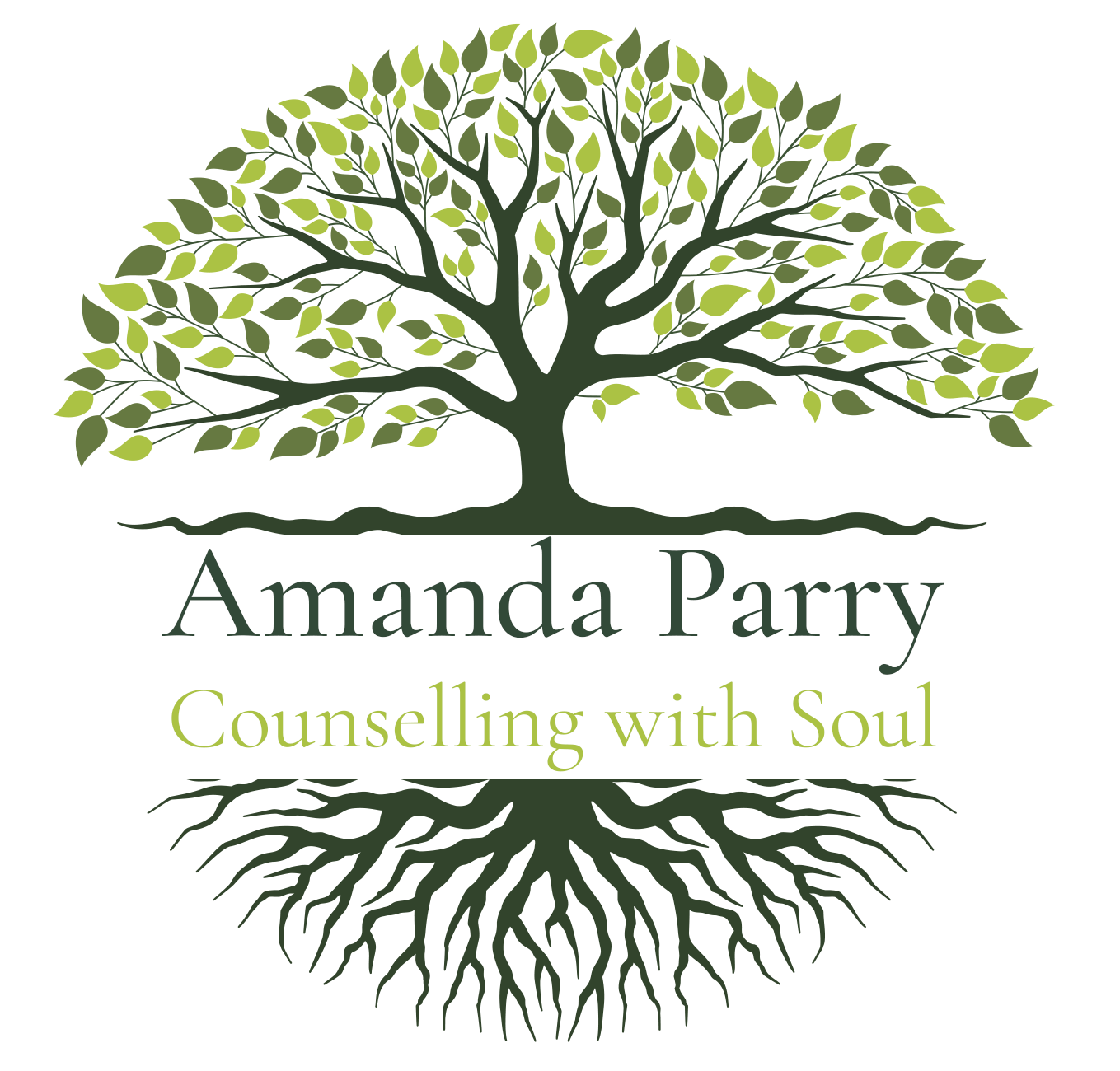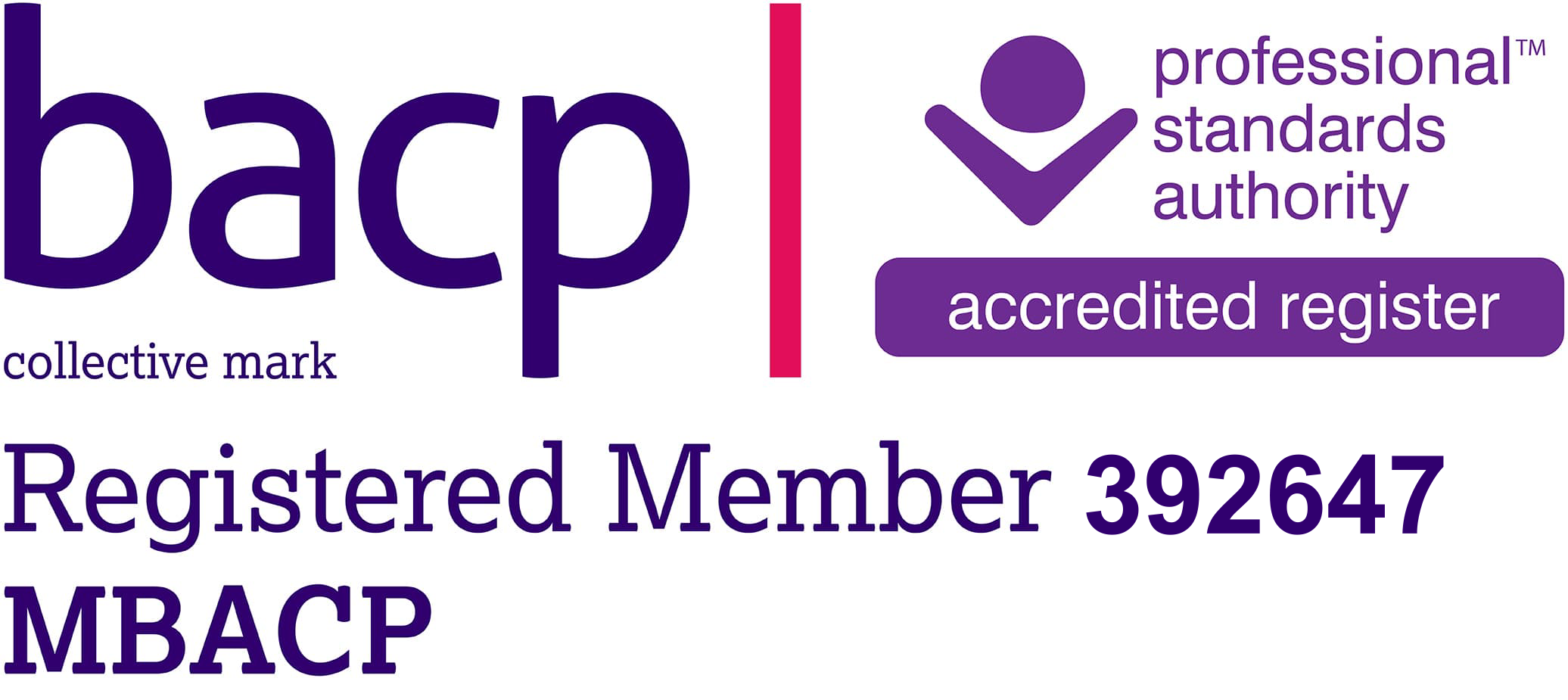
Integrative Transpersonal Therapeutic Counsellor
Counselling and Therapy in Reading and Online
e: amanda@amandaparrycounselling.co.uk
“If you search deep enough you can find rare exotic treasures.
Therapies offered
Integrative
Integrative counselling looks at a person as a whole, considering your mental, physical and emotional needs. An integrative counsellor will use techniques and tools from different modalities to tailor an individual approach for you.
For an integrative counsellor, the relationship between client and counsellor is important. In building a trusting and non-judgmental relationship, this helps to develop self-awareness, self-knowledge which helps you to grow and bring in any changes you wish to make.
Psychodynamic psychotherapy
The psychodynamic approach focuses on immediate problems. It stresses the importance of the unconscious and past experience in shaping current behaviour. A therapist’s aim is to build an accepting and trusting therapeutic relationship, encouraging you to talk about your childhood relationships with significant people. It uses similar techniques to psychotherapy, including free association, interpretation and especially transference, where feelings you experienced in previous significant relationships are projected onto the therapist.
Person-centred therapy
Person or client-centred therapy is based on the view that everyone has the capacity and desire for personal growth and change, given the right conditions. The counsellor is not seen as the expert and director of the therapy, the counsellor offers unconditional positive regard, empathy and congruence to support you in coming to terms with your feelings, to change and develop in your own way.
Transpersonal therapy
Transpersonal therapy takes a holistic approach to therapy. This type of therapy aims to address the client's mental, physical, social, emotional, creative, and intellectual needs in order to facilitate healing and growth.
Existential therapy
Existential psychotherapy explores the inner conflict and anxiety experienced when we are confronted with life's ultimate concerns, such as the inevitability of death, freedom and its responsibilities, isolation and meaninglessness. A counsellor can help you explore your concerns, enabling you to make decisions about how you want to live your life and resolve problems your way.
Gestalt therapy
Gestalt therapy looks at the individual as a whole, within their surroundings, as part of the environment. A counsellor can help bring focus on the here and now, your immediate thoughts, feelings and behaviour, to help you understand how you relate to others and situations. This can help you find a new perspective on problems and bring about changes in your life.
Gestalt therapy can include acting out scenarios and working with dreams. It is effective in treating issues such as anxiety, stress, addiction, tension and depression.
Psychosynthesis
Psychosynthesis as applied to psychotherapy is a holistic way of working, including the whole person, that helps individuals understand and become more aware of patterns of behaviours which inhibit or prevent them living life in meaningful and fulfilling ways. It brings us into contact with the life journey to meaning and purpose.
Jungian therapy
This is a psychoanalytic approach developed by Carl Jung. In Jungian therapy, the aim is to bring the conscious and unconscious into balance, to help bring more balance within you, bringing greater self-awareness and inner connection. Jungian therapy looks at the relationship between the personal unconscious and the collective human unconscious. This can include dream analysis, word associations and creative activities. Jungian therapy can be of benefit for a wide range of personal, emotional and behavioural issues.
